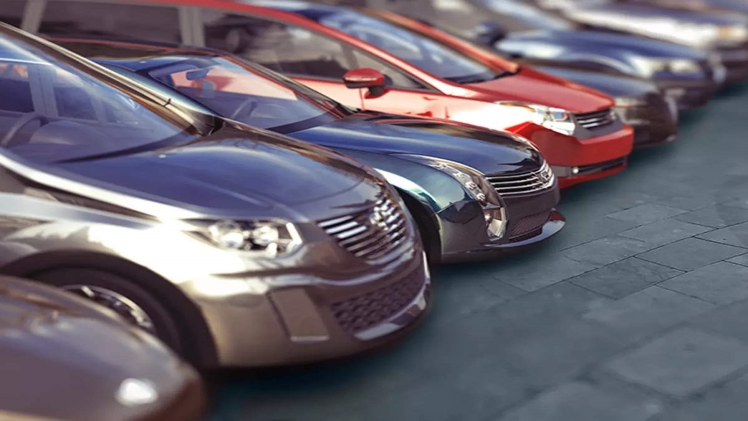A decade ago, the best way to buy a car was to walk into a dealership. However, technology has changed all that, and today, online car auctions have become the norm for those looking to buy a car.
Today, you can access hundreds of cars with a few clicks on your smartphone. You can also compare their prices and compete with other bidders online for your car of choice.
This comes with many changes to the industry, many of which are hugely beneficial to consumers. This article looks at the auto auction industry, how it works, and its impact on the auto market.
How the Auto Auction Industry Works
The best auto auctions mainly have an online presence, listing different car makes and models. The listings usually come with a base price, from which potential buyers bid up the price until one buyer outbids the rest.
Bidders also get to see as much information about the car they want as possible. By clicking on a car at an auto auction, you can see its year, engine type, and extent of damage in case it’s an accident car.
Unlike a traditional dealership; auto auctions give buyers a chance to own the car of their dreams at a lower price than the prevailing market price. The auto auction industry is all about putting more power in the hands of the buyer.
Auction cars are much cheaper than typical dealer cars because they allow fleet owners to dispose of their fleets quickly and with minimal hassle. Fleet owners, especially large corporations, may need to replace their vehicles regularly for budgetary or scheduling reasons.
They have to find a way to sell their cars fast and with the least associated costs possible, especially repairs and maintenance. They need to get rid of their old car stock on an “as is” basis.
For this reason, an auction is perfect for realizing maximum value in less time than traditional retail channels. Because of that, auction cars tend to cost far less than what you would pay for similarly aged vehicles from other sources.
Impact of Car Auctions on the Automotive Market
Since online car auctions gained traction in the late 2,000s, they have entirely transformed the auto market. Among the ways that they have changed the market are as follows:
Auctions Have Made Cars Much Cheaper
The most significant impact of car auctions has been providing more affordable choices. Most car auctions have diverse offerings, ranging from reconditioned cars to bulk offloading cars by large corporations.
Auctions also allow anyone who needs to dispose of a damaged but repairable car to do so. Since they expect the end buyer to put some work on repairs, they sell cheap.
As a result, top car auctions can sell cars at prices that would be hard to find anywhere else. Because of that, many more people can afford vehicles, which means even better outcomes for all players in the auto industry.
Auctions Have Transformed Dealerships’ Inventory Management
Car auctions are an excellent way for car dealerships to get the most out of their inventory management. Because the bidding process provides dealers with more options to buy from, they can restock more efficiently and cost-effectively. Cars typically move quickly at auction, so dealers can turn over their vehicles rapidly and keep up with consumer demand.
Additionally, car auctions allow dealers to access rare or specialized vehicles that are hard to find on the used market. By taking advantage of car auctions, dealers can maintain an optimized inventory while still providing customers access to an impressive selection of vehicles.
Auctions Have Made It Easier to Buy a Car from Anywhere.
Before online car auctions, you had to go to a physical dealership to find and buy a car. With car auctions, this is no longer the case.
Anyone with a smartphone can explore hundreds of vehicles at an auction and bid on the ones they fancy. All of this can be done from anywhere, a factor that has significantly widened the potential market of car dealers.
Recap
The online car market continues to grow exponentially and is expected to grow even more in the coming years. This has changed how the auto industry works by making vehicles cheaper and easier to access. This is a win-win situation for both dealers and consumers.

